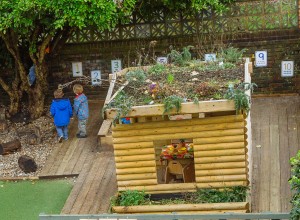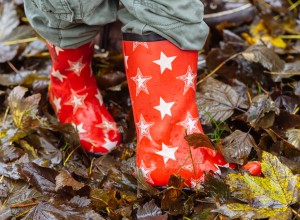Green Issues
Although our main ‘green’ emphasis is on the provision of healthy organic food, we are committed to green issues more generally. We strive to balance the realities of running a successful nursery with energy conservation and a positive environmental sensitivity. We feel this is best established through good practice in the everyday running of the nursery as well as green-oriented activities to engage the children in subtle ways.
Examples of green practice:
Organic menu
We aim for all our meals to be made from organic produce. Sometimes organic ingredients are simply not available, however we are always looking to source an even more extensive range.
Nappies
Unless parents request otherwise, all children who require them wear our ‘cotton bottom’ washable nappies whilst at nursery which are laundered off site by a professional laundry business. This service is provided at no extra charge.
Filtered Water
All the water children drink throughout the day comes from filter jugs.
Recycling
We encourage both children and staff to recycle as many materials as possible. Paper Round are contracted to regularly collect our recyclables.
Water Butt
We collect excess rainwater in a child-safe water butt and use it to water our vegetable patch, plants and herbs.
Eco Schools
We have received the bronze award for Eco-schools and now plan to aim for the silver award.
‘Green Schemes’
We regularly participate in local green schemes such as the recent ‘Grow It’ competition, an opportunity for local businesses in Brighton and Hove to take part in as part of the Sussex Eco Awards and Food Festival.
Vegetable Patch
Our compost is used to encourage the vegetable patch, herb boxes and flower beds to bloom. Older children will play a part in the garden project every year from preparing the soil for planting to harvest time. All our children will enjoy the benefits of a working garden to enjoy.
Electricity
All light bulbs are replaced with energy saving bulbs. All our appliances are selected on the basis of their grading in terms of environmental impact.


